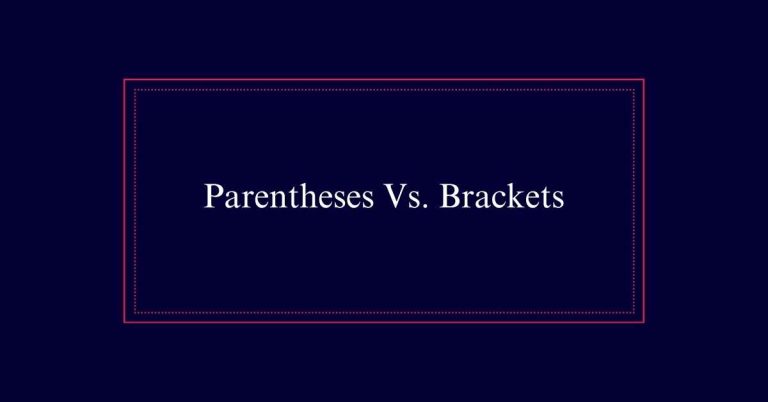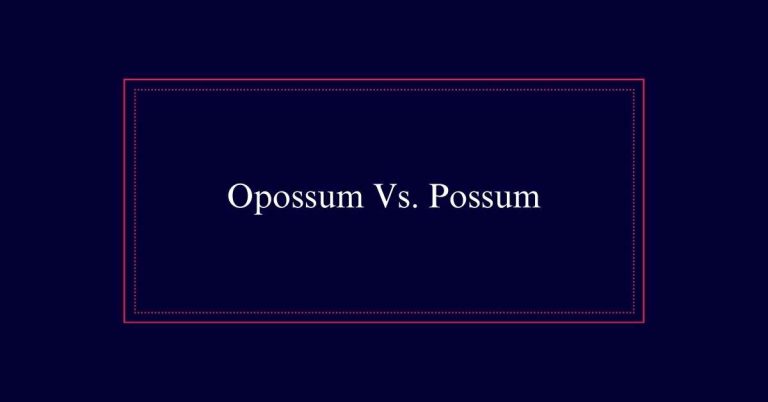Realise or Realize
The difference between ‘realize’ and ‘realise’ mainly hinges on regional spelling preferences. American English uses ‘realize,’ while British English accepts both ‘realize’ and ‘realise.’ The Oxford University Press and many scientific journals often prefer the ‘ize’ ending for words of Greek origin. Consistency is important, particularly in professional writing, to avoid confusion.
American English Preference
In American English, the preferred spelling is ‘realize’ with a ‘z’ ending. This spelling choice aligns with the broader pattern of using ‘ize’ for words ending in ‘ize’ or ‘ization.’ It reflects a preference for consistency and simplicity in American writing.
The ‘ize’ ending is not just a matter of regional preference; it has historical roots in Greek and Latin. Using ‘realize’ helps maintain clarity and uniformity in text. Writers in the U.S. are encouraged to adhere to this standard for coherence.
British English Variations
While American English consistently uses ‘realize,’ British English exhibits flexibility by allowing both ‘realize’ and ‘realise.’ This dual acceptance can be traced back to historical influences and regional preferences.
The ‘ize’ ending was originally more common in Britain but saw a shift towards ‘ise’ after 1875. Today, both forms are correct and widely accepted in British English. However, some institutions, like the Oxford University Press, still prefer ‘ize’ for words with Greek origins.
Importance of Consistency
Maintaining consistency in spelling choices enhances the clarity and professionalism of your writing. When you choose either ‘realize’ or ‘realise,’ stick with that choice throughout your document. This consistency helps readers follow your text without distraction.
Mixed spelling can confuse and disrupt the flow, reducing the overall impact of your message. Whether you adhere to American or British spelling conventions, uniformity is key. This is particularly important in professional and academic settings, where attention to detail reflects your competence.
Common ‘ize’ Usage
Consistency in spelling choices not only enhances clarity but also aligns with common practices, particularly with the ‘ize’ ending. In American English, the ‘ize’ ending is the standard. Words like ‘realize,’ ‘organize,’ and ‘analyze’ follow this convention.
This spelling is also endorsed by the Oxford University Press for words of Greek origin, making it a recognized form in academic and formal writing. The ‘ize’ ending is not only phonetically straightforward but also widely accepted in scientific journals and international publications.

‘ise’ Popularity in Britain
The ‘ise’ ending gained significant popularity in Britain after 1875. This shift marked a preference for the ‘ise’ spelling in many English words. Before this period, both ‘ize’ and ‘ise’ endings were used interchangeably. However, the rise of ‘ise’ reflected a growing trend influenced by French orthography.
The preference for ‘ise’ became more pronounced in British literature and formal writing. Despite this, some British publications and scientific journals continued to use the ‘ize’ ending. The choice between ‘ise’ and ‘ize’ often depended on the publication’s style guide or the writer’s personal preference.
Oxford Press Guidelines
Curiously, the Oxford University Press prefers the ‘ize’ ending for words derived from Greek origins. This choice is evident in their usage of words like ‘realization’ and ‘organization.’
The ‘ize’ ending is considered more etymologically accurate and aligns with the Greek suffix ‘-izo.’ Despite this, the Oxford style guide allows for the ‘ise’ ending in specific cases, often to reflect a word’s French origin.
For writers and editors, following the Oxford guidelines guarantees consistency and clarity. It is essential, especially in academic and professional writing, to adhere to these conventions.
Greek Origins and Spellings
Understanding the Greek origins of certain words can clarify the preference for the ‘ize’ ending in English. Many words with Greek roots incorporate the ‘ize’ suffix, which is derived from the Greek ‘-izo.’ This influences English spelling choices, especially in academic and formal contexts.
Key points include:
- Historical Usage: Greek-derived words often retain the ‘ize’ ending according to traditional spellings.
- Oxford Preference: Oxford University Press supports the ‘ize’ ending for words of Greek origin.
- Consistency: Using ‘ize’ maintains consistency in words like ‘realize,’ ‘organize,’ and ‘characterize.’
- Clarity: Adhering to Greek origins helps avoid confusion and promotes clear communication.
French Influence on ‘ise’
While the ‘ize’ ending is linked to Greek origins, ‘ise’ endings often reflect French influence on the English language.
The adoption of ‘ise’ can be traced to the Norman Conquest, which brought a significant French linguistic impact to England. This influence persisted, leading to the acceptance of ‘ise’ in many British English words.
The French language prefers the ‘ise’ ending for verbs like ‘realiser’ (to realize), which naturally carried over to English. Consequently, British English frequently allows both spellings, while American English mainly uses ‘ize’.
Historical Contexts
The historical context behind the ‘ize’ and ‘ise’ spellings reveals the evolution of English influenced by Greek and French linguistic traditions. These variations emerged through a blend of:
- Greek Influence: The ‘ize’ ending is rooted in Greek, often used in American English.
- French Influence: The ‘ise’ ending became popular in Britain post-1875, reflecting French linguistic impact.
- Oxford University Press: Prefers ‘ize’ for words with Greek origins, while accepting ‘ise’ in specific cases.
- Literary Usage: Both spellings appear in British literature, though science journals often stick to ‘ize’.
Literary Examples
In various literary works, both ‘realise’ and ‘realize’ appear, reflecting regional preferences and historical influences.
For instance, Ralph Waldo Emerson, an American writer, used ‘realise’ in his reflections on character, aligning with older British preferences.
Conversely, Terry Pratchett, a British author, opted for ‘realize’ in his science fiction narratives, demonstrating flexibility in British English.
Australian publications often use ‘realise,’ reflecting Commonwealth conventions.
Jean Genet, a French writer, adopted ‘realizing’ in his philosophical musings, showcasing international variations.







